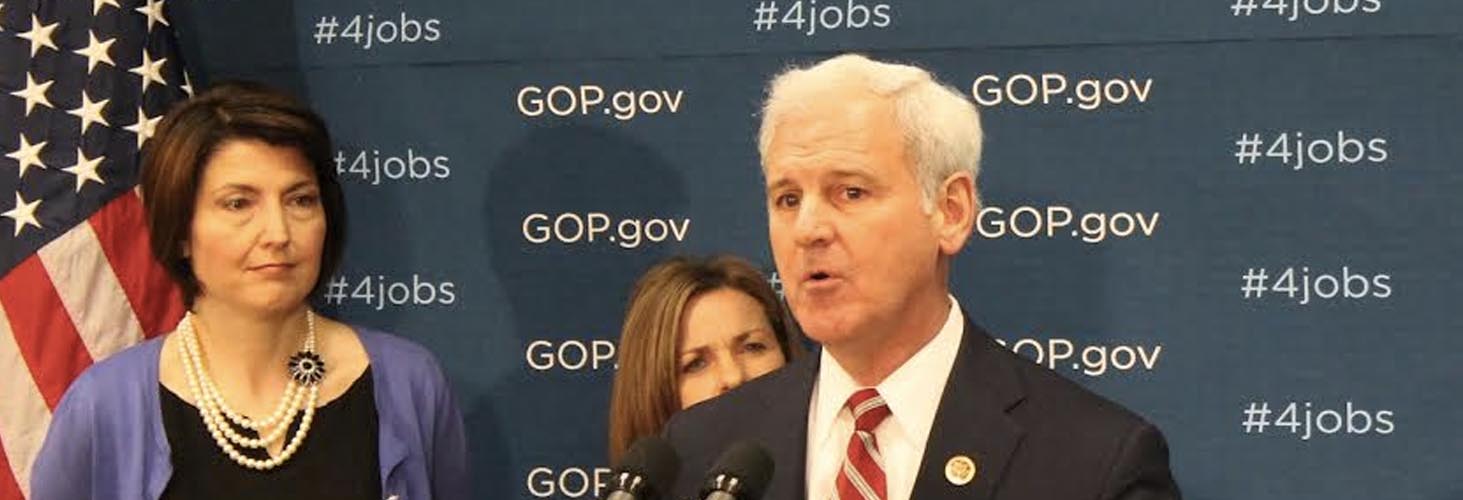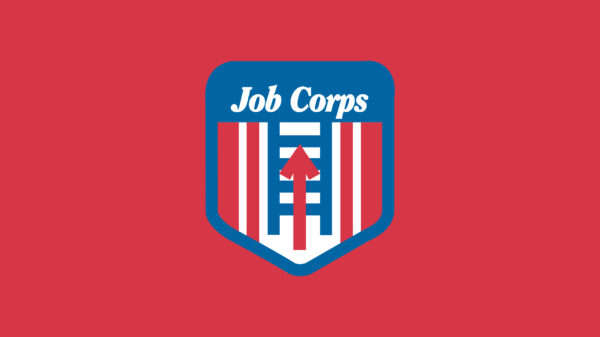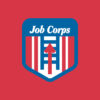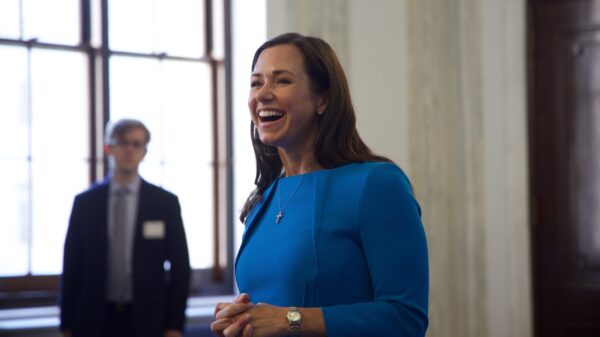By Brandon Moseley
Alabama Political Reporter
Thursday, Congressman Bradley Byrne, R-Montrose, supported the decision by the National Labor Relations Board to overturn the 2015 Browning-Ferris Industries decision that expanded the joint-employer standard.
Earlier this year, the House passed Congressman Byrne’s bill, the Save Local Business Act, which would reaffirm that two or more employers must have “actual, direct, and immediate” control over employees to be considered joint-employers under the National Labor Relations Act and Fair Labor Standards Act. That bill passed the House on November 7 by a vote of 242 to 181.
“Today’s decision from the NLRB restores decades of clear legal precedent about what constitutes an employer. It is critical workers know who their boss is and employers have the certainty necessary to grow and expand. America’s workers and small businesses are the real winners in today’s decision,” Congressman Byrne said.
“This decision is a major development, but I will continue working for a permanent legislative solution to prevent any future NLRB from redefining what it means to be an employer,” Rep. Byrne said.
In a 3-2 decision, the National Labor Relations Board overruled the Board’s 2015 decision in Browning-Ferris Industries, and returned to the pre–Browning Ferris standard that governed joint-employer liability.
In all future and pending cases, two or more entities will be deemed joint employers under the National Labor Relations Act if there is proof that one entity has exercised control over essential employment terms of another entity’s employees – rather than merely having reserved the right to exercise control – and has done so directly and immediately, rather than indirectly, in a manner that is not limited and routine. Accordingly, under the pre–Browning Ferris standard that was restored, proof of indirect control, contractually-reserved control that has never been exercised, or control that is limited and routine will not be sufficient to establish a joint-employer relationship. The Board majority concluded that the reinstated standard adheres to the common law and is supported by the NLRA’s policy of promoting stability and predictability in bargaining relationships.
Applying the reinstated pre–Browning Ferris standard, the Board agreed with an administrative law judge’s determination that Hy-Brand Industrial Contractors, Ltd. (Hy-Brand) and Brandt Construction Co. (Brandt) were joint employers and therefore jointly and severally liable for the unlawful discharges of seven striking employees.
Chairman Philip A. Miscimarra was joined by Members Marvin E. Kaplan and William J. Emanuel in the majority opinion. Members Mark Gaston Pearce and Lauren McFerran dissented in the case.
Under the 2015 partisan, Browning-Ferris Industries decision, the NLRB ruled that companies can be held liable for any labor violations by their contractors. According to The Hill, this decision was, “A sharp departure from previous decisions that stated companies were only responsible for employees who were under their direct control.”
The Browning-Ferris rule meant that if, for example, a tech company contracts out its janitorial services, the company could be potentially sued if the janitorial service failed to pay overtime, or a maid alleges she was harassed on the job.
Numerous small businessmen own franchises of national chains: McDonald’s, Subway, Burger King, Days Inn, etc. are just a few of the thousands of examples. In 2014, then NLRB General Counsel Richard Griffin directed that McDonald ’s be charged as a joint-employer in dozens of unfair labor practice complaints against franchises. Under the 2015 rule, the company is liable for what its franchisee might do in regards to labor laws, even though they have no direct control over the situation. This new ruling changes that back to the franchise and the franchising master company being separate legal entities.
Bradley Byrne is the chairman of the House Workforce Protections Subcommittee. Byrne is still hoping to fix this legislatively so that a future Democrat majority NLRB can’t overturn the new rule.
Bradley Byrne represents Alabama’s 1st Congressional District.






















































